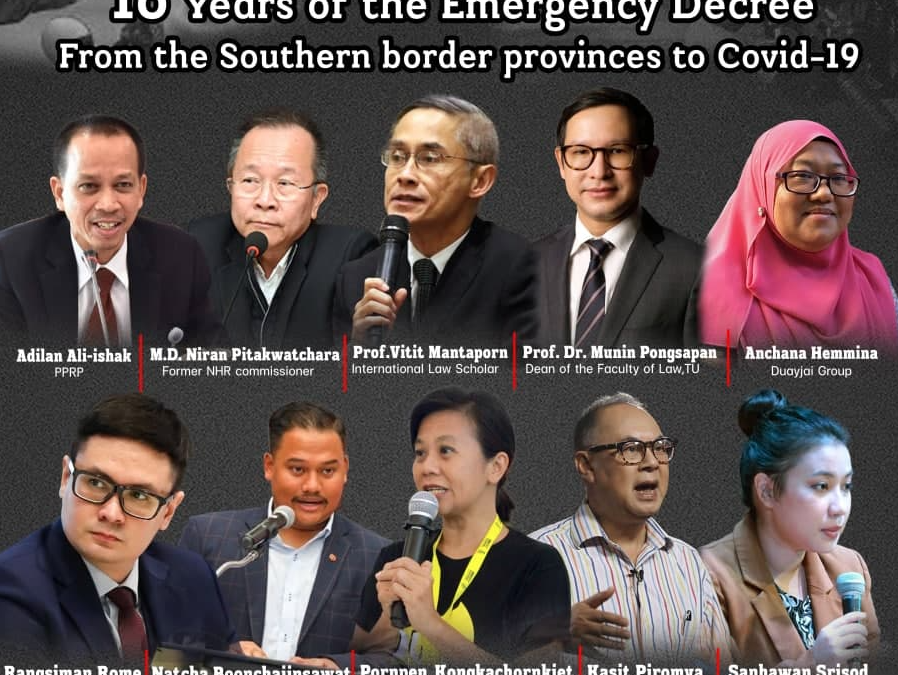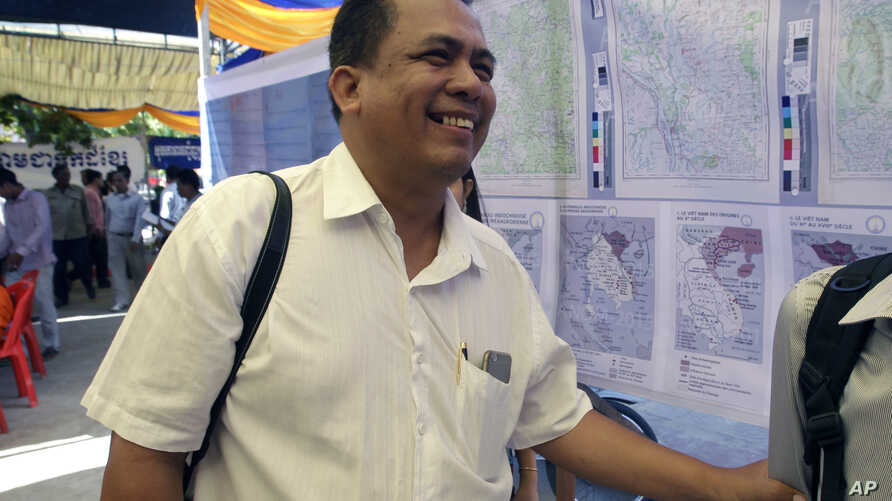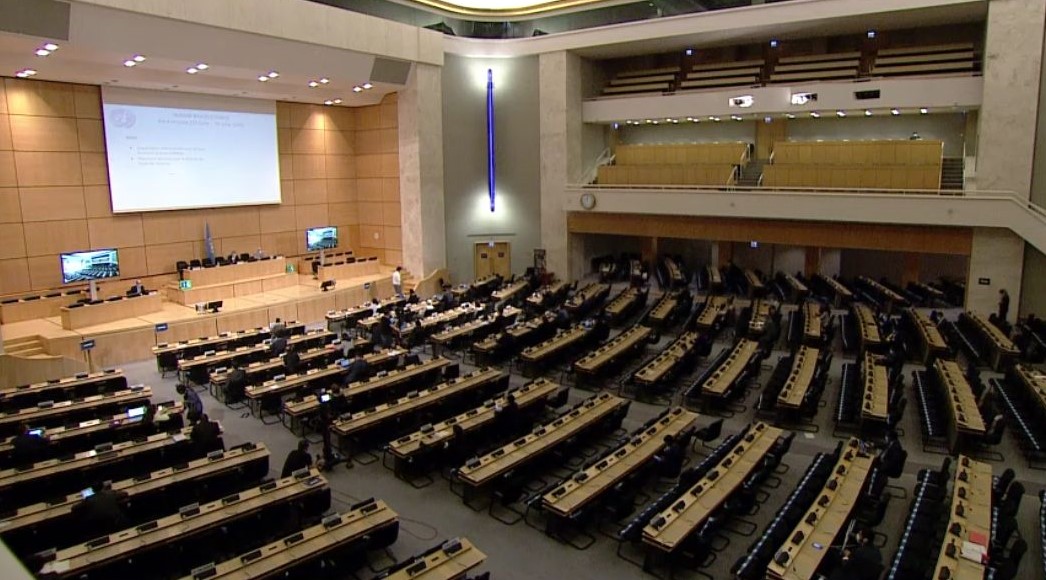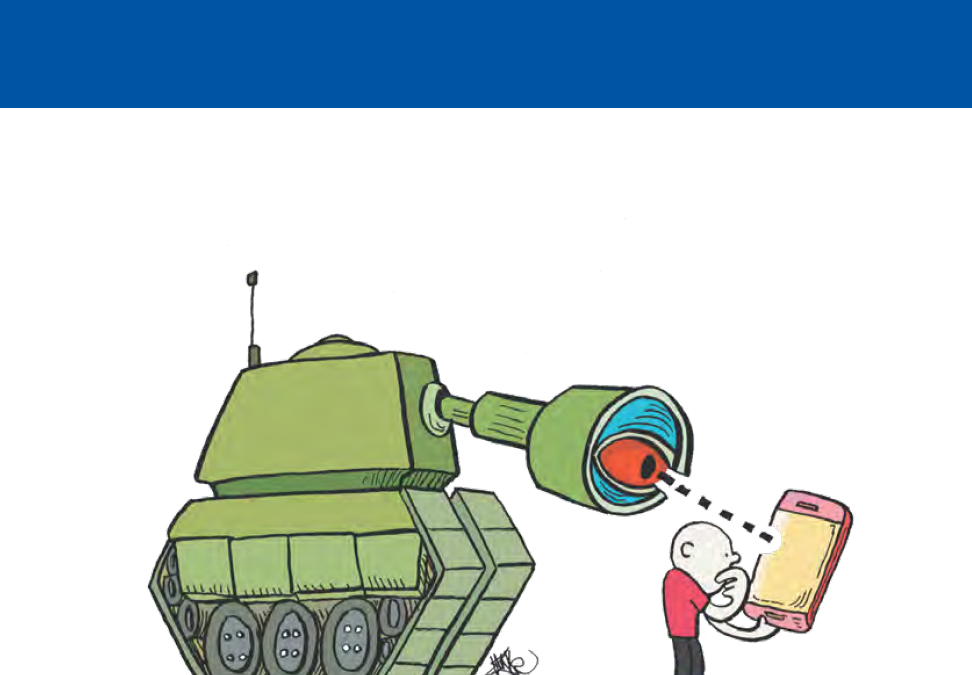
Jul 16, 2021 | News
The Thai authorities must ensure that human rights are fully protected in any emergency measures in response to the COVID-19 pandemic, including those taken pursuant to the repeatedly renewed Emergency Decree, the ICJ said in a new briefing paper.

Jul 9, 2021 | News
Today, in advance of the fifth anniversary of the unlawful killing of prominent political commentator and human rights defender Kem Ley, the 45 undersigned organizations reiterate their call for the Cambodian authorities to create an independent Commission of Inquiry tasked with conducting an independent, impartial and effective investigation into Kem Ley’s death.

Jul 7, 2021 | Advocacy, Non-legal submissions
The ICJ today addressed the UN Human Rights Council in the Interactive Dialogue with the UN High Commissioner for Human Rights for her update on the human rights situation in Myanmar.

Jun 29, 2021 | Advocacy, Non-legal submissions
The ICJ joined civil society organisations in a statement to the UN Human Rights Council during the interactive dialogue with the UN Special Rapporteur on the independence of judges and lawyers.

Jun 22, 2021 | News, Publications
The Thai authorities should immediately reform laws, policies and practices that have led to increasing violations of human rights in the digital sphere, the ICJ said in a new report launched today.
The 75-page report, Dictating the Internet: Curtailing Free Expression and Information Online in Thailand, documents a range of laws that does not comply with international human rights law and standards. These laws contain vague and overbroad provisions, wrongly criminalize free expression or prescribe disproportionately harsh penalties, and are applied without independent oversight mechanisms.
These arbitrary restrictions have intensified in response to the COVID-19 pandemic and pro-democracy protests.
“The Thai authorities have continued their systematic abuse of existing and new deficient laws to curtail not only the right to freedom of expression, opinion and information online, but also the rights to peaceful assembly, health and other rights,” said Sam Zarifi, ICJ’s Secretary General.
The Thai authorities have also pressured and co-opted big technological companies to improperly restrict or block content on their platforms, through court-enforced demands and the filing of criminal complaints for failing to comply.
The report further documents how the Thai authorities have failed to adequately protect individuals against the human rights abuses of private actors, who include companies harassing its critics through legal processes and perpetrators of online speech inciting discrimination, hostility or violence.
The report provides specific recommendations to the Thai authorities and technological companies in the communications sector to safeguard in law and practice the rights to expression, opinion and information online as well as offline. These recommendations call for the authorities to, among other recommendations:
- Repeal or substantially amend criminal law provisions that criminalize or unduly restrict human rights online, and review existing laws or develop legislation to protect against SLAPP lawsuits and the incitement of discrimination, hostility or violence;
- Cease harassment and persecution of all individuals for merely exercising their human rights online;
- Refrain from future charges and drop all existing charges against individuals and social media companies facing prosecution for alleged violations of non-human rights compliant laws, and immediately release all held in pre-trial detention or imprisoned on conviction for such cases; and
- Refrain from restricting or blocking online content unless the decision to block has been undertaken following a full analysis applying international human rights law and standards, and authorized pursuant to an order by an independent and impartial judicial authority.
“The Thai authorities must act urgently to stem this deteriorating trend of human rights violations and abuses in the digital space, by repealing or substantially amending its laws, policies and practices in line with Thailand’s international legal obligations,” added Zarifi.
The report follows on from the ICJ’s December 2019 regional report entitled Dictating the Internet: Curtailing Free Expression, Opinion and Information Online in Southeast Asia assessing non-human rights compliant legal frameworks and case studies across Southeast Asia, including Thailand.
Report Launch
The report will be launched on 22 June 2021. The launch includes a panel discussion, which draws together human rights defenders, diplomats, journalists, lawyers and civil society to discuss the increasing attacks on freedom of expression and information online in Thailand through non-human rights compliant laws and practices.
The discussion will include as panelists:
- Sam Zarifi, Secretary General, International Commission of Jurists;
- Poonsuk Poonsukcharoen, Thai Lawyers for Human Rights (TLHR); and
- Chavarong Limpattamapanee, Chairman, National Press Council, Thailand.
Download
The full report is available in English here and in Thai here. The executive summary of the report is available in English and Thai. (PDF)
Contact
Sam Zarifi, ICJ Secretary General, e: asiapacific@icj.org, t: +66-62-702-6369
See also
ICJ, ‘Southeast Asia: ICJ launches report on increasing restrictions on online speech’, 11 December 2019
ICJ, ‘Vietnam: authorities must act to safeguard rights online and end harassment of those expressing themselves – ICJ new report’, 9 December 2020









